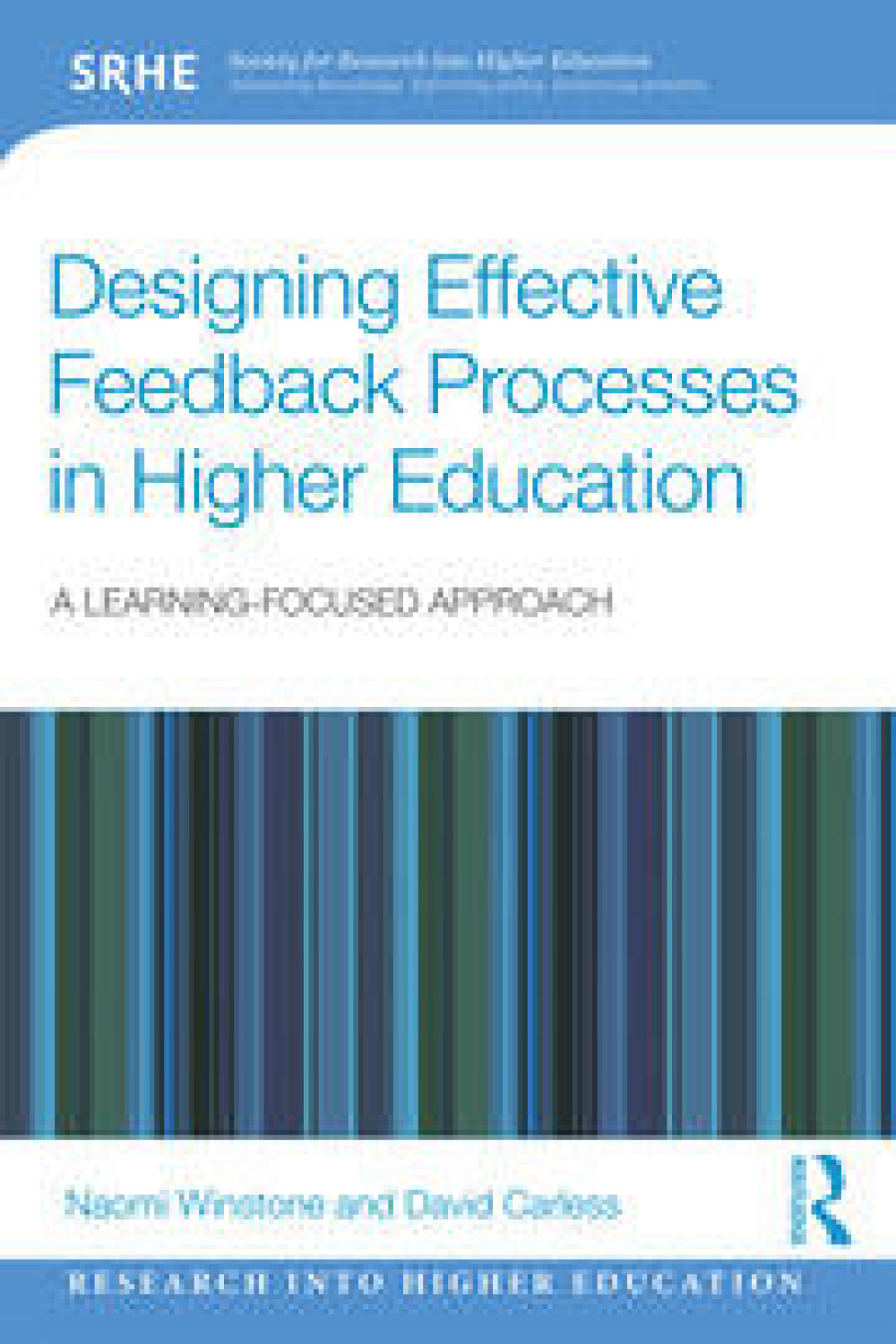The Development of Student Feedback Literacy
In this article, you will learn what feedback literacy is and why students need it in order to learn from feedback. You will also see how common activities like peer feedback and use of exemplars can promote the development of feedback literacy.
The clear, usable framework for feedback literacy—appreciating feedback, making judgments, managing affect, and taking action—as well as implications of this concept for teaching and course design will help you identify assessment and feedback practices that you can adapt to your own teaching context.
View excerpt
The Development of Student Feedback Literacy: Enabling Uptake of Feedback

Student feedback literacy denotes the understandings, capacities and dispositions needed to make sense of information and use it to enhance work or learning strategies. In this conceptual paper, student responses to feedback are reviewed and a number of barriers to student uptake of feedback are discussed. Four inter-related features are proposed as a framework underpinning students’ feedback literacy: appreciating feedback; making judgments; managing affect; and taking action. Two well-established learning activities, peer feedback and analysing exemplars, are discussed to illustrate how this framework can be operationalized. Some ways in which these two enabling activities can be re-focused more explicitly towards developing students’ feedback literacy are elaborated. Teachers are identified as playing important facilitating roles in promoting student feedback literacy through curriculum design, guidance and coaching. The implications and conclusion summarise recommendations for teaching and set out an agenda for further research.






